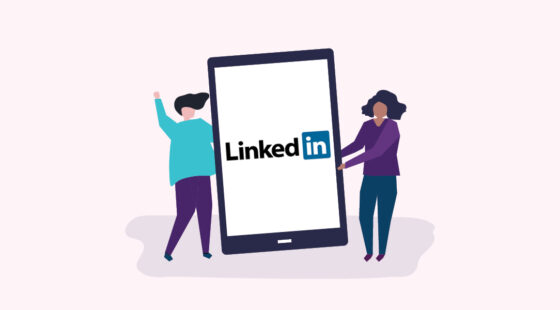Have you secretly thought to yourself, “Are they going to find out I am a fraud?” If so, you are not alone. Not only do I encounter this myself, but I am constantly combatting it with the women I work with at Women in the Boardroom.
Imposter Syndrome Can Be Crippling
Repeat after me, “I am not a fraud”. By definition, imposter syndrome is the feeling that you’re a fraud; in your field, in life, in your professional career, and that your achievements have been based solely on luck, not your hard work, knowledge, skills, experience, or intelligence. Many women, especially high-achieving women, don’t feel as if they deserve their success and, oftentimes, compare themselves to their peers. They also think they are the only woman to experience these feelings.
Many of the women I speak to, on a weekly basis, have a hard time articulating their achievements and this usually some form of imposter syndrome. Keep in mind, that these women are senior-level executives at Fortune 500 companies, Ph.D.’s, have MBAs, are lawyers, doctors, and more. They are life’s overachievers and perfectionists, and they absolutely belong in the boardroom and so do you.
Imposter Syndrome Can Impact Anyone

Imposter syndrome doesn’t discriminate; it can affect anyone. However, women tend to struggle with it more than men. This can manifest in various ways, such as feeling like everyone else is more qualified or fearing that others will discover their supposed incompetence. These feelings can hinder career progression, making women less likely to take on leadership roles, speak up, or apply for prestigious positions like corporate board seats.
Self-criticism is not abnormal, in fact, a little can be a good thing and it’s probably what’s helped to propel you in your career, but we need to address this criticism through a clear lens to clear any falsehoods from our thinking. I want you to know that if you’ve ever experienced this feeling, you are not alone. In fact, you’re in good company.
So what can you do to push those feelings of imposter syndrome away? Talk to someone like a trusted peer, or a mentor, or even me. Much of my time spent with my amazing members is utilized by coaching them on their value-add to a board, reinforcing to them just how esteemed their lives’ achievements and experiences are for a board seat, helping them brand themselves for corporate board service, and introducing them to the right connections.
This time helps these women to separate their feelings from the facts, break their silence and shame about their imposter syndrome, highlight the positive, and help them to develop a new script about themselves, conditioning them to be more confident and focused on their goals.
Letting Go of Perfectionism
Striving for perfectionism can lead to the feelings associated with imposter syndrome, but it’s important to keep in mind that as you gain more experience and grow, so does your credibility and knowledge.
Just remember that others around you may have or are currently struggling with imposter syndrome, but it is crucial to your success that you don’t let these feelings get in the way of taking your next step toward a leadership position, speaking up in your next leadership meeting, or even applying to be on a corporate board seat. Putting yourself out there, having grit, and your own unique experiences have propelled you to the position you’re in now.
Visualize your goals and take the next step toward them. Don’t let imposter syndrome hold you back any longer!
If you’re interested in continuing the conversation, Reach out to me directly!
Sheila Ronning, CEO & Founder, Women in the Boardroom.
© 2024, Women in the Boardroom. All rights reserved.






